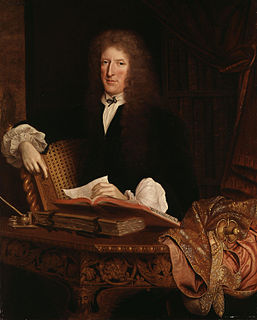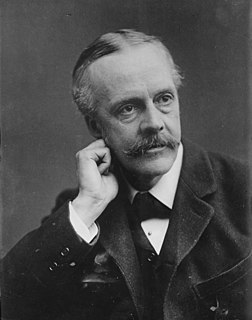A Quote by Woodrow Wilson
The world is not looking for servants, there are plenty of these, but for masters, men who form their purposes and then carry them out, let the consequences be what they may.
Related Quotes
Weapons compound man's power to achieve; they amplify the capabilities of both the good man and the bad, and to exactly the same degree, having no will of their own. Thus we must regard them as servants, not masters - and good servants to good men. Without them, man is diminished, and his opportunities to fulfill his destiny are lessened. An unarmed man can only flee from evil, and evil is not overcome by fleeing from it.
Everyone that gets an authority into his hands tyrannizes over others; as many husbands, parents, masters, magistrates, that live after the flesh do carry themselves like oppressing lords over such as are under them, not knowing that their wives, children, servants, subjects are their fellow creatures, and hath an equal privilege to share them in the blessing of liberty.
Though the parallel is not complete, it is safe to say that science will never touch them unaided by its practical applications. Its wonders may be catalogued for purposes of education, they may be illustrated by arresting experiments, by numbers and magnitudes which startle or fatigue the imagination but they will form no familiar portion of the intellectual furniture of ordinary men unless they be connected, however remotely, with the conduct of ordinary life.

































